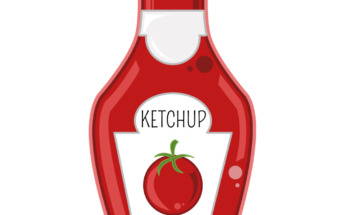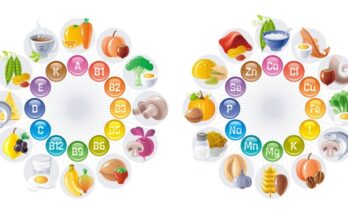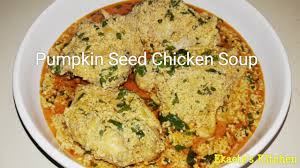
Hey there, health enthusiasts! If you’re on a quest for a happy gut, you’ve landed on the right page. Today, we’re diving deep into the world of nutrient-rich foods and how they play a superhero role in enhancing your gut health. So, buckle up and get ready to embark on a delicious journey that not only tantalizes your taste buds but also does wonders for your digestive system.
Why Gut Health Matters:

Before we plunge into the nitty-gritty of nutrient-rich foods, let’s understand why gut health is such a big deal. Your gut is like the control center for your overall well-being. A healthy gut doesn’t just mean better digestion; it impacts your immune system, mood, and even the quality of your sleep. It’s the epicenter of your body’s harmony.
The Gut Microbiome Unveiled:
Ever heard of the term “gut microbiome”? It’s the bustling community of trillions of microorganisms living in your digestive tract. Picture it as a vibrant, diverse city where each resident (microbe) has a specific role to play. Maintaining a balance in this microbial metropolis is crucial for your health, and that’s where nutrient-rich foods come into play.
Foods for a Healthy Microbiome:
Now, let’s delve into the good stuff—nutrient-rich foods that promote a flourishing gut microbiome. A highlights that foods rich in fiber, probiotics, and prebiotics are the MVPs here.
Fiber-Rich Goodies:

- Colorful Fruits and Veggies: Think of these as the architects of a healthy gut. The more colorful, the better! Berries, apples, spinach—pile your plate with these gems. They’re packed with fiber, which acts as a feast for your gut microbes, keeping them happy and thriving.
- Whole Grains: Swap refined grains for their whole counterparts. Brown rice, quinoa, and oats are not only tastier but also loaded with fiber, supporting a robust gut environment.
Probiotics for the Win:
- Yogurt and Fermented Foods: Your gut loves a good dose of probiotics, and yogurt is a delicious source. Fermented foods like kimchi and sauerkraut also make the cut, introducing friendly bacteria to keep your gut in check.
- Kombucha: This fizzy drink isn’t just a trend; it’s a gut-loving elixir. Kombucha is fermented tea, teeming with probiotics that contribute to a thriving gut community.
Prebiotics – The Microbial Fuel:
- Garlic and Onions: These culinary heroes aren’t just for flavor; they’re rich in prebiotics. They serve as fuel for the good bacteria in your gut, ensuring they stay active and flourishing.
- Bananas: A banana a day doesn’t just keep the doctor away; it also keeps your gut happy. Bananas are a fantastic source of prebiotics, promoting a healthy balance in your microbiome.
Conclusion:
In wrapping up our nutrient-rich journey, it’s clear that what you put on your plate directly influences the thriving community within your gut. By incorporating fiber-rich fruits and veggies, probiotic-packed goodies, and prebiotic-rich choices, you’re not just eating; you’re nurturing your gut microbiome. So, let’s toast to good health, one delicious bite at a time!
FAQs:
- Can I get enough fiber from supplements instead of food? While supplements can help, it’s best to obtain fiber from whole foods as they provide a range of nutrients essential for overall health.
- Are there any side effects of consuming too many probiotics? Excessive intake of probiotics may cause mild digestive issues. It’s advisable to start with smaller amounts and gradually increase.
- How long does it take for dietary changes to positively impact gut health? Changes in gut health may take a few weeks to months, depending on various factors such as diet, lifestyle, and individual health conditions.
- Can I improve my gut health without completely changing my diet? Small changes, like incorporating more fiber and fermented foods, can have a positive impact. Gradual adjustments are often more sustainable.
- Is there a specific time of day to consume probiotics for optimal effectiveness? While there’s no strict rule, some people find it beneficial to take probiotics with meals to enhance absorption. Experiment to find what works best for you.


